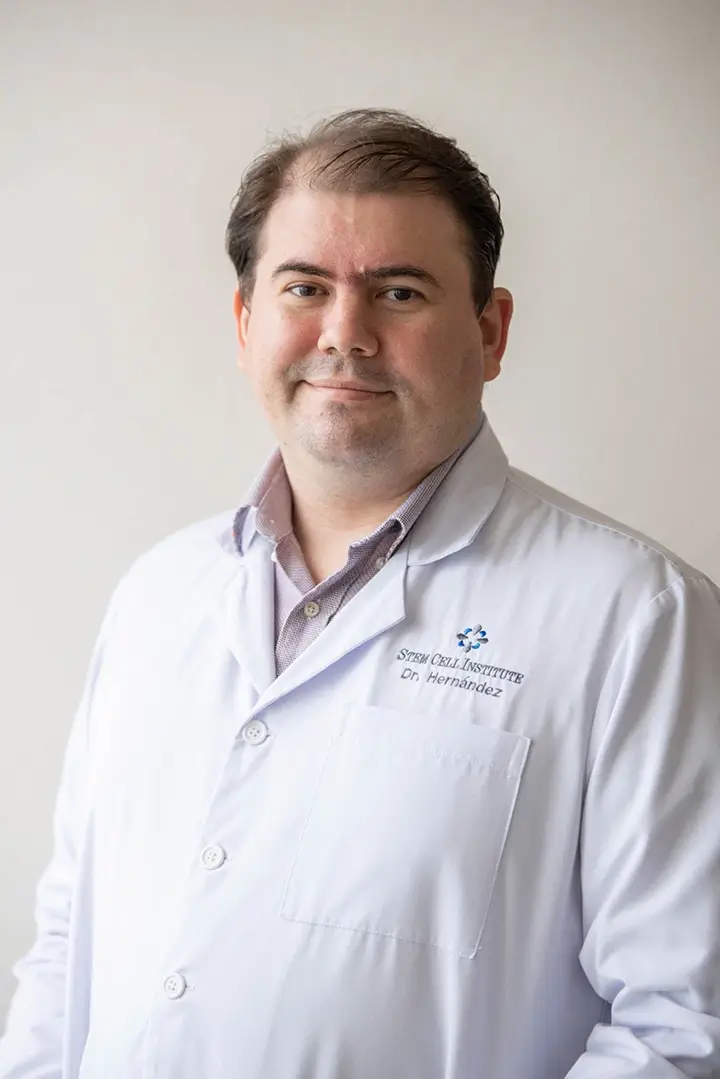Uccelli A, Prockop DJ. Curr Opin Immunol. 2010 Dec;22(6):768-74. Epub
As many readers of Cellmedicine News most likely realize, the concept of stem cell therapy is still relatively controversial. Despite the fact that clinical trials have demonstrated therapeutic signals that various stem cells are useful in treatment of diseases ranging from multiple sclerosis, to type 1 diabetes, to lupus, people, especially uninformed people in the public media, still treat the field of stem cell therapy of autoimmunity as something “controversial”. This is why we were pleasantly surprised to read the recently published paper of Dr. Darwin Prockop, from Tulane University, which actually used the word “cure” in the title.
In the paper animal and clinical data is reviewed describing effects of a particular type of stem cell, the mesenchymal stem cell, in treatment of autoimmunity. Mesenchymal stem cells were originally found in the bone marrow, and subsequently discovered in other tissues. These cells are capable of generating new tissues, but perhaps more importantly, have been demonstrated to be potent secretors of various growth factors and to modulate the immune system. We discuss some of these points on our youtube channel http://www.youtube.com/watch?v=rEJfGu29Rg8
The paper focuses much attention on multiple sclerosis and the detailed animal experimentation in the mouse model of this disease, experimental allergic encephalomyelitis (EAE), which has provided some detailed clues about how these cells may work. Induction of EAE is typically performed by immunizing mice with peptides or proteins that are found in the myelin. This induces an immune response that attacks the myelin and results in a progressive degeneration of the myelin sheath, as well as loss of function which mimics the human disease. Many of the studies discussed in the paper support the general hypothesis that the mesenchymal stem cells are acting to “reprogram” the immune system in order to stop the immune attack against the myelin but preserve other components of the immune system. The authors then extrapolate how these immunomodulatory mechanisms may have activity against other types of autoimmune conditions.
Currently there are several clinical trials using mesenchymal stem cells for autoimmune conditions. These may be found at www.clinicaltrials.gov if you search the words “stem cells” and “autoimmune.”

